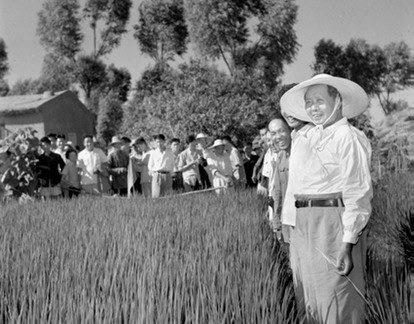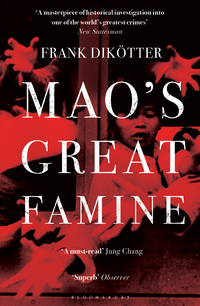In 1958, Mao Zedong, perhaps influenced by Khrushchev’s boast that the Soviet Union would surpass the U.S. in key aspects of industrial production within 10 years, launched China’s Great Leap Forward. This was a tragically delusional effort to dramatically improve agricultural and industrial production, far beyond any realistic possibility, given China’s limited economic base. The human costs of this folly were catastrophic. Dikötter, professor of modern history of China at the University of London, utilizes newly available material, including Communist Party archives and accounts by individual Chinese citizens, to chronicle these horrors in stomach-churning detail. By the time even Mao recognized his failure in 1962, Dikötter credibly asserts that as many as 45 million Chinese died from starvation, execution, and maltreatment under forced labor. Ultimate responsibility rests with Mao and his indifference to individual human suffering, but Dikötter also condemns other high-ranking party officials who recognized the failures early on but lacked the courage to challenge Mao. This is an important work illustrating the dangers of one individual holding power to force millions to fulfil his personal fantasies.

